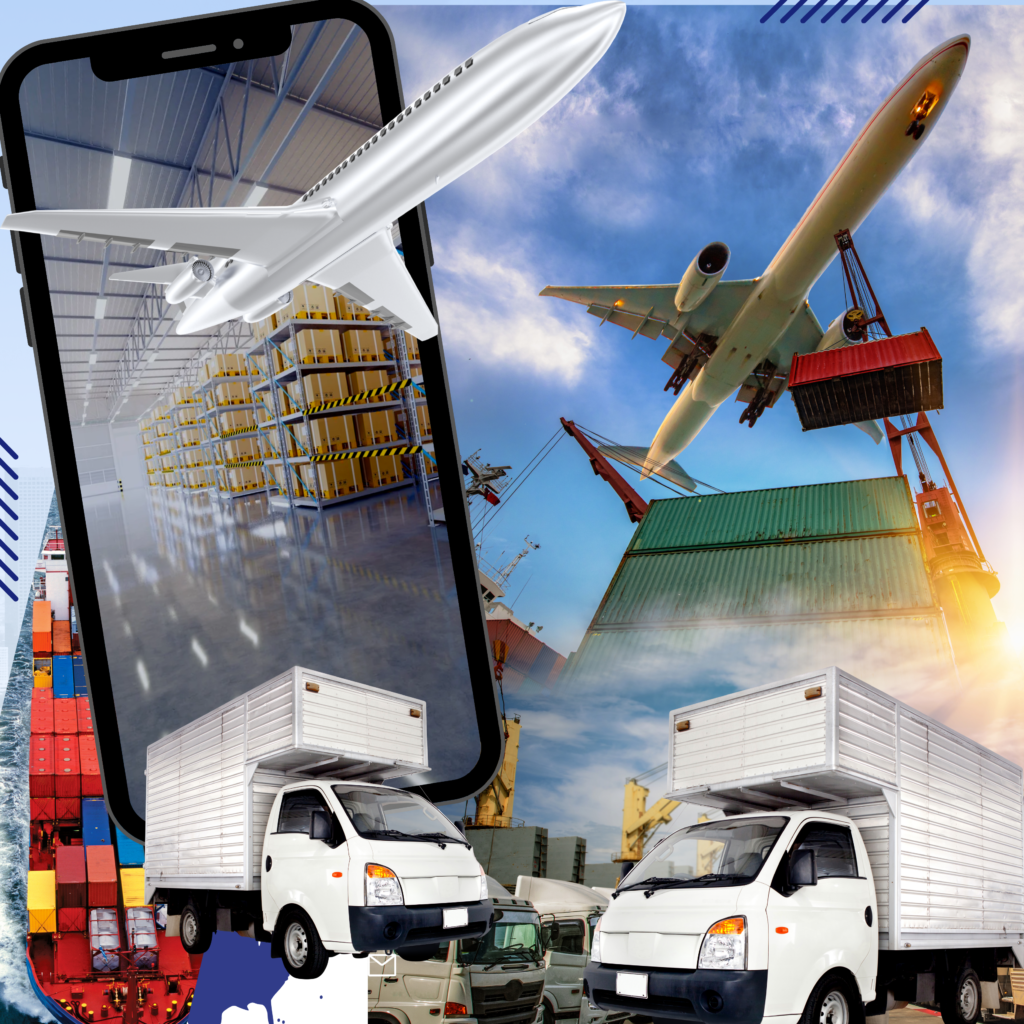
Beyond the Truck and Plane: Exploring the Diverse World of Other Logistic Services
The realm of logistics extends far beyond just transporting goods from point A to point B. While road freight and air freight remain vital components, a vast array of other logistic services work tirelessly behind the scenes to ensure the seamless flow of goods and information throughout the supply chain. This comprehensive blog delves into this diverse landscape, exploring the various services that contribute to efficient and successful logistics operations.
The Symphony of Logistics: A Network of Specialized Services
Think of logistics as a well-coordinated orchestra. Each instrument, representing a specific service, plays its part in creating a harmonious symphony of efficient product movement. Here are some key players in this logistical orchestra:
- Warehousing and Distribution: This service acts as the central storage hub for goods. Warehouses manage inventory levels, pick and pack orders for shipment, and ensure proper storage conditions for various products. Some specialized warehousing options include:
- Public Warehousing: Shared storage space offered by a logistics company, ideal for businesses that require flexible storage solutions.
- Contract Warehousing: Dedicated storage space leased by a company from a logistics provider, offering greater control and customization.
- Fulfillment Warehousing: Services like picking, packing, and shipping goods directly to customers, perfect for e-commerce businesses.
- Supply Chain Management (SCM): This service takes a holistic view of the entire supply chain, overseeing the flow of goods from origin to destination. SCM professionals handle activities like procurement, production planning, inventory management, and transportation coordination.
- Third-Party Logistics (3PL): Businesses can outsource some or all of their logistics needs to a 3PL provider. This allows companies to focus on their core competencies while benefiting from the expertise and resources of a specialized logistics partner. 3PL services can include warehousing, transportation management, freight forwarding, and value-added services like labeling and assembly.
- Freight Forwarding: These companies act as intermediaries, managing the movement of goods on behalf of shippers. They handle tasks like customs clearance, documentation preparation, cargo consolidation, and selecting the most cost-effective transportation options.
- Reverse Logistics: This service focuses on the return and management of goods after the initial sale. It encompasses activities like product returns, product recalls, and end-of-life product management.
The Value Proposition: How Other Logistic Services Benefit Businesses
By utilizing these specialized services, businesses can optimize their operations and achieve several key benefits:
- Cost Reduction: Outsourcing non-core logistics functions to specialized providers can often be more cost-effective than managing them in-house. 3PL providers leverage their economies of scale and expertise to offer competitive pricing and cost-saving solutions.
- Improved Efficiency: Dedicated logistics service providers possess the specialized knowledge and technology to streamline operations and reduce inefficiencies. This allows businesses to focus their resources on core activities like product development and marketing.
- Enhanced Scalability: Businesses can scale their logistics operations up or down as needed by utilizing external service providers. This flexibility helps companies adapt to fluctuating demand and market conditions.
- Increased Visibility: Modern technology allows for real-time tracking and visibility throughout the supply chain. Businesses using other logistic services gain a clear picture of inventory levels, order fulfillment status, and shipment locations.
- Reduced Risk: Outsourcing logistics tasks to experienced professionals minimizes potential risks associated with transportation, warehousing, and compliance regulations.
Beyond the Basics: Specialized Services for Specific Needs
The world of other logistic services extends beyond basic storage and transportation. Businesses can leverage a range of customized services to meet their unique requirements:
- Packaging and Labeling: Proper packaging protects products during transport and ensures compliance with regulations. Some logistics providers offer packaging and labeling services, tailored to specific product needs.
- Customs Clearance: Navigating international trade regulations can be complex. Logistics providers with expertise in customs clearance can streamline the process, ensuring goods move smoothly across borders.
- Vendor Management: Managing relationships with multiple suppliers can be time-consuming. Vendor management services help businesses optimize procurement processes, source materials at competitive prices, and ensure timely delivery.
- Value-Added Services: These services go beyond basic transportation and storage. Some examples include kitting and assembly, product labeling, and light manufacturing. These value-added services allow businesses to reduce costs, improve efficiency, and enhance customer satisfaction.
The Future of Other Logistic Services: Embracing Technology and Collaboration
The future of other logistic services is fueled by** innovation and collaboration**. Here are some key trends shaping the industry:
- The Rise of Automation: Automation technologies like robotic process automation (RPA) and warehouse automation systems are transforming logistics operations. Automation can improve efficiency, reduce human error, and optimize processes in warehouses and distribution centers.
- **The Power of


